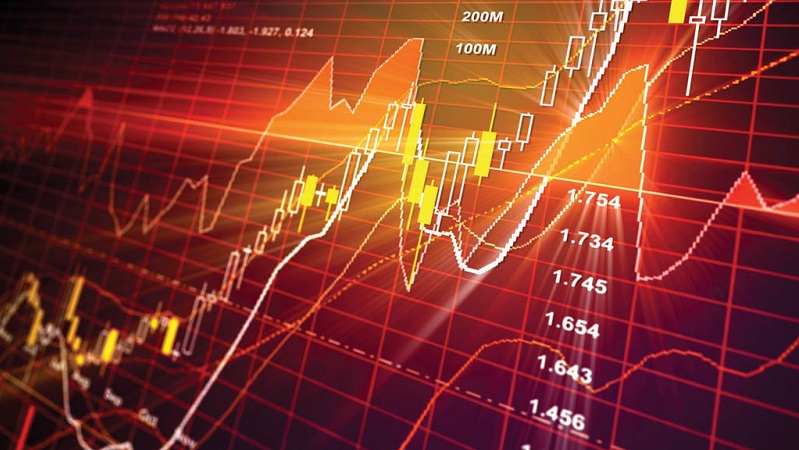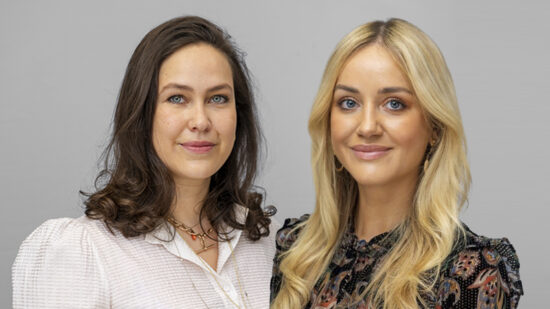“The funds market in 2020 was a reflection of the ebb and flow of human emotion to a degree rarely seen,” says Robert Jenkins, global head of research at Refinitiv Lipper. “Initial shock and a bit of panic were then followed by equal parts optimism and a bit of gamesmanship.”
The pandemic created a polarisation in markets and between fund groups. It has delivered some important lessons for fund managers in the year ahead.
While it would be easy to conclude that the best approach in 2020 was to invest in a blend of government bonds and technology, Refinitiv Lipper’s report ‘Navigating The Normal Normal’ shows it wasn’t quite that simple. Rather, it paid to be nimble and undogmatic. For example, Chinese markets had pariah status at the start of the year, but this proved a valuable buying opportunity when the country brought the virus under control and economic activity resumed.
Xav Feng, head of research for Asia Pacific at Refinitiv Lipper, says: “This record stands as the latest dramatic turnaround in global financial markets since the onset of the coronavirus pandemic. It comes as China’s economy stages a faster recovery than expected at a time when other nations around the world are still grappling with rising infections and severe disruption to business and social life caused by the pandemic.”
Official figures show that China’s economy grew by 2.3% in 2020 and by the end of the year, asset allocators had caught up. China posted net fund inflows of $1.4bn over the year, with assets under management topping $2.7bn, while net inflows for Asia-domiciled funds topped $134.3bn.
Flexibility to rotate
The same was true for the rapid flip from growth to value in November as markets digested the implications of a Covid vaccine. This was perhaps particularly noticeable in the value-focused UK market, which appeared to have finally turned a corner by the end of the year.
The report says: “UK equities had underperformed for years, and it was one of the worst-performing global indices for the first nine months of 2020. It went on to became one of best performers in Q4.” This was before any bounce from the Brexit deal, which was concluded at the end of the year.
The flexibility to rotate became even more important at the start of 2021, when concerns over inflation started to creep in, pushing up long-term bond yields and leaving the sky-high valuations for technology stocks looking increasingly precarious. Suddenly everything that had served investors well in the early part of the pandemic started to hurt portfolio returns.
ESG sees significant flows
One aspect that proved more consistent was the importance of environmental, social and governance (ESG) considerations. Refinitiv Lipper reports that not only were there significant inflows in those markets with a well-established ESG culture, such as Europe, but there was increased penetration in markets such as Asia.
It was also a year in which ESG funds widened out – equity funds still account for 55% of all ESG funds, but the group reports, “increasingly nuanced and tailored ESG launches, supported by a proliferation of indices in the passive space, are nonetheless allowing investors a greater variety of ways of expressing their ESG strategies”.
“Covid-19 provided more time to reflect on these important issues and also put people at home in front of their TVs, watching the constant onslaught of wildfires and hurricanes and other global climate calamities,” says Jenkins. “Unrest due to racial inequality certainly heightened humanitarian concerns, and likely will result in increased focus on corporate human capital management practices. There is every possibility that this will over time further propel ESG development and investment.”
Flexible fixed income
The successful asset allocators kept their fixed income holdings flexible. Darius McDermott, managing director of Fund Calibre says: “We have had some fixed income, but mostly in strategic bonds. We have generally preferred to go to the riskier end of fixed income to collect yield. We have also looked at specialist areas such as asset-backed debt.”
By the end of the year, the fixed income market was in an even tighter spot. While short-term yields were kept low by continued low interest rates and quantitative easing; inflation expectations had started to weigh on the long-end. Add in worryingly high levels of US corporate debt and the market as a whole starts to look a little precarious. If there was some slack in yields, it may be less concerning. Either way, fixed income looks increasingly like an asset class to treat with kid gloves.
Adjusting to post-Covid life
In contrast, equity markets may look superficially steady. By the year’s close, many indices globally were in positive territory. Lipper points out that the Dow Jones Industrial Average was up by more than 7%, while the S&P 500 and Nasdaq Composite Index had rallied by more than 14% and 31%, respectively. In Europe, the Dax was up by almost 4%. In Asia, South Korea was the best-performing market — the KOSPI index had soared by more than 30%. However, there was much going on beneath.
This looks set to be the pattern for 2021 as investors adjust to post-Covid life. Investors must tread a fine line – enough economic sensitivity to protect against inflation and ride any recovery, but also enough defensiveness to guard against setbacks. All this, while also taking into account some profound long-term shifts in the global economy – from digitisation, to deglobalisation, to agile working. Oh and all with an ESG overlay. It is an unenviable task for the year ahead.
That said, it is plausible that capitalism emerges better and more resilient: “Firms around the world have demonstrated a high level of operational resilience despite widespread lockdown measures disrupting demand, forcing people to work remotely, and complicating existing challenges related to technology, cybersecurity, and governance,” says Feng.
“Going forward, they will seek to learn from these experiences to reappraise product lines and market strategies, and contemplate a measure of consolidation, while building a greater degree of flexibility into their business models.”
Portfolio Adviser‘s Refinitiv Lipper Fund Awards UK supplement can be found here
You can read more from Refinitiv Lipper’s research team in Navigating the New Normal. The report outlines the key developments that helped shape the global funds market during 2020, with lessons both fund managers and groups can take away with a view to making their portfolios more resilient while identifying new opportunities for alpha. The report also addresses emerging trends, such as heightened interest in ESG investing, and discusses how best to deploy active and passive strategies. To read the report, please click here







